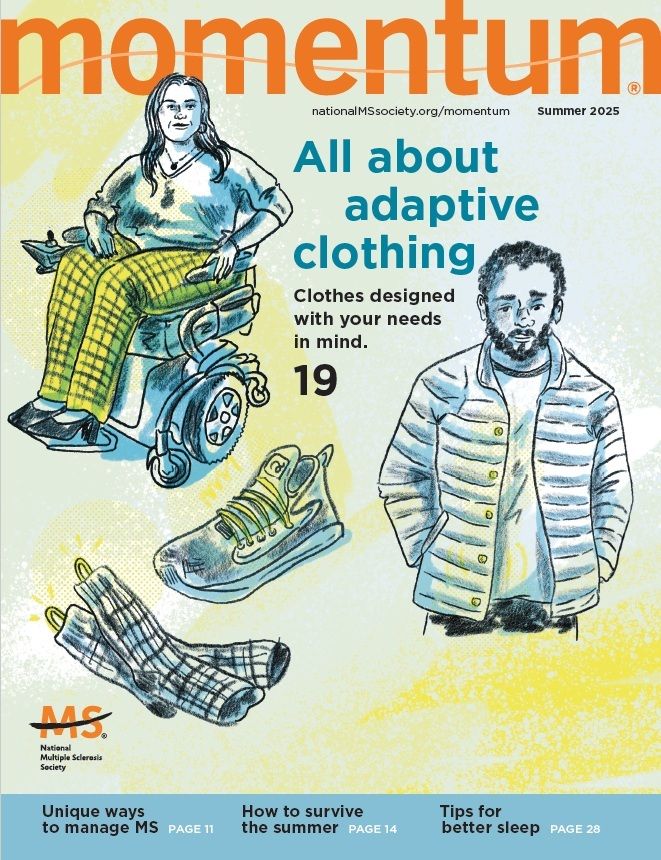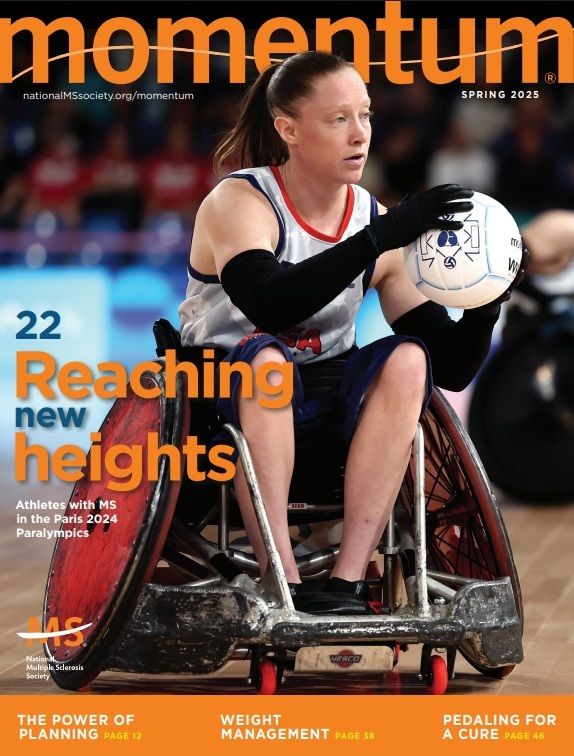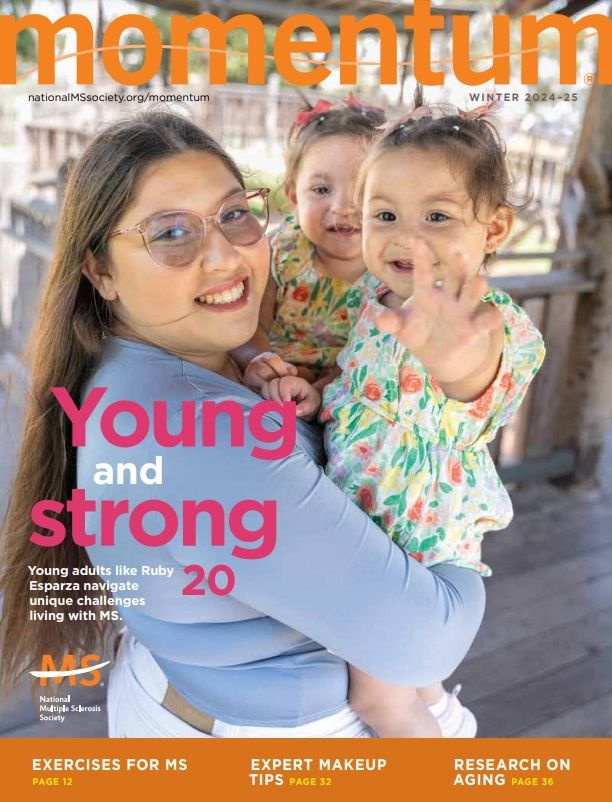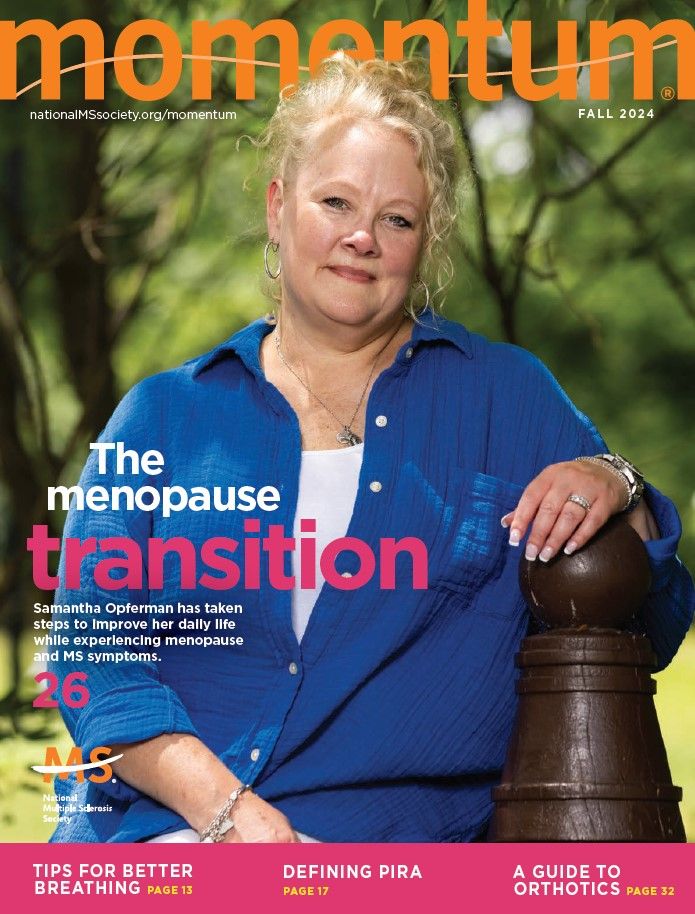Looking back at my time as an 11-year-old kid, my concerns were similar to any other pre-teen. Surviving both puberty and middle school (the worst!), getting good grades, meeting Fall Out Boy someday (my favorite band at the time), helping my parents navigate the challenges that come with being Spanish-speaking immigrants in the United States, and making it to the next day.Or so I thought. It truly was just a regular day. My younger sister and I were walking home from school in the hot desert temperatures of Arizona. I began to feel that similar sensation you get when one of your limbs falls asleep, but I didn’t think much of it. “I’ll feel better soon,” I would tell myself.Well, that wasn’t the case. I felt that pins and needles sensation spread throughout my entire right side of my body. At one point, it was very difficult for me to walk or even move my arm. It was so bad that I’d have to hold onto my tiny 7-year-old sister’s body as I attempted to walk and drag my leg home.My parents had no clue what was going on, so they decided to take me to the only hospital in our county, located 30 minutes away. There, ER doctors simply described it as “brain bacteria” and sent us away. Little did we know, I’d continue to have these medical issues. Desperate for answers, we traveled three hours away to a different hospital and hoped we could figure out why I was experiencing these problems.It was there that I finally received my official diagnosis: multiple sclerosis.Fear. Confusion. Anger. Heartache. We had no idea what this was, what it meant, and what it could mean for my future. The dreaded, “why me?” question also popped into my head. This question began to cloud my mind and at times, consumed me. But at the time, I just couldn’t think about myself. What about my parents? Immigrating to the United States in the 1980s, they spoke only Spanish and figured life out in a new country as best as they could.At this pivotal moment in my life, I realized I had to be responsible and accept this new, indefinite fate. I would have to learn, analyze and translate everything for my parents, with the hopes that they would be on the same page as me. Of course, it came with its challenges.I was far from perfect. Some things got lost in translation, but we made it work. Resources were so scarce, especially coming from a rural community, where we struggle with access to quality healthcare. We would visit doctors in Mexico hoping for second opinions and also tried alternative treatments to Western medicine. Years of traveling up to six to seven hours a day to see different specialists, get treatments, my parents did everything in their power to manage my MS. I’ll be eternally grateful to them and their sacrifices.As I soon turn 29, I look back at my younger self and think, how did I do all of this as a kid? Although my MS has progressed in recent years and I’m still working on figuring life out with a chronic illness, I still can’t believe this is my life. I try my best to remind myself I’m a work in progress and that self-kindness is needed while dealing with MS. This disease has had me on a never-ending roller coaster ride filled with obstacles, disappointment, anxiety, but happiness and gratitude as well. I’m proud of my younger self. I’ve made it this far thanks to her hard work and perseverance. She demonstrated her incredible strength while navigating through such scary.I hope I can continue to make my younger self proud and keep my MS at bay. I see my multiple sclerosis as my life-long partner, one that remains unpredictable, at times unkind, but full of intriguing lessons which keep me on my toes every single day.











